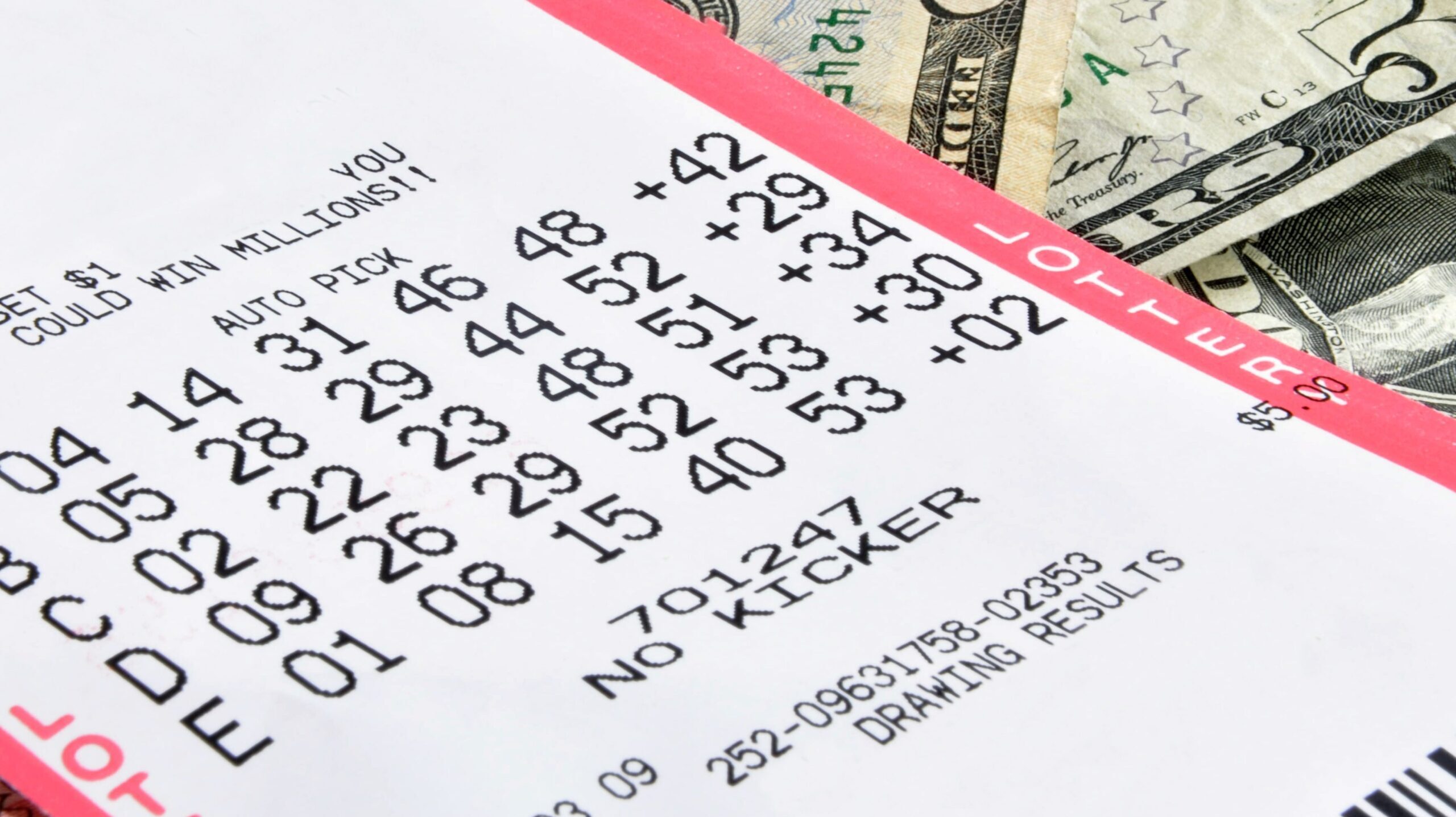|
Getting your Trinity Audio player ready...
|
After a marathon day, which remarkably saw a senator briefly filibuster his own bill, the Alabama Senate on Thursday evening passed a gambling bill, but it was immediately clear that the bill it passed could undergo significant changes and that the Legislature might ultimately pass nothing.
Basically, things get weird when Alabama lawmakers vote on gambling, and the last month has been example A.
In theory, the senate’s gambling bills – a two-bill package that includes a constitutional amendment and enabling legislation – should be somewhat similar to the bills passed out of the House a few weeks earlier. They were not.
The senate version passed Wednesday stripped away the seven full casino licenses and sports wagering. It guaranteed only a vote from the people on a paper lottery and the authority for Gov. Kay Ivey to negotiate a compact with the Poarch Band of Creek Indians. It also moved that vote of the people from the November general election to a special election in September.
Because of those significant changes, the senate bill must be approved by the House again – a prospect that House Speaker Nathaniel Ledbetter has stated privately would never happen. House members who spent months working up the carefully crafted legislation that passed that body have been more than a bit irritated by the lack of communication from their senate brethren, and three members told APR this week that Ledbetter had assured them that there would be no concurrence on the legislation.
That means both sets of gambling bills would go to conference committee, where a group of six lawmakers – three from each body – will work together on a compromise piece of legislation that, at least in theory, incorporates portions of each bill. If they can’t reach an acceptable compromise, the legislation would fail.
“As late as Thursday afternoon, the speaker was telling us that we were going to conference and would push hard to get a bill that looks much more like what we passed,” a House source told APR.
In reality, the House bill always had the most support among all of the interested parties and state leadership. It had the backing of the governor, the speaker and the senate president, and it brought together a number of interested parties, such as dog track owners and the Poarch Creeks. Its only flaw, according to those familiar with the ongoing negotiations, was the omission of a provision giving state citizens currently operating gambling facilities to enter the last and best bid for casino licenses. (Essentially, after all bids for casino licenses were entered, Alabama residents would be given an opportunity to exceed the best bid entered by a pre-set margin.)
Without that provision, PCI officials repeatedly told state leaders that they couldn’t commit to support the legislation, because it left them risking millions in revenue with no guarantee.
Without PCI’s support in the senate, the legislation lost steam, as lawmakers, many of whom lacked a basic understanding of gambling laws and others who had ulterior motives, were free to try out their own ideas. Almost immediately, lottery-only legislation started to surface from lawmakers who recognize that voters are demanding in record numbers an opportunity to cast a ballot on this issue, and who find a lottery the most palatable option.
But many of those lawmakers also seemed to overlook the reasons why a lottery is so popular – because most voters associate it with the funding of scholarships and other significant educational opportunities. The bill passed by the senate doesn’t include such targeted spending. Instead, it would split the revenue into thirds, with one-third going towards “education-related” items.
At one point on Thursday, the senate sponsor, Sen. Greg Albritton, was left in the awkward position of filibustering his own bill after an amendment was added that altered the funding formula and making it unlikely the lottery proceeds could contribute enough to help build a second mega-prison in the state.
“This is not a good bill – but why would it be?”asked a lobbyist who worked with lawmakers on the gambling legislation. “The House bill took months to put together and covered every possible option. This (senate) bill was thrown together on the fly.”
If lawmakers are going to negotiate the bills and seek compromise legislation, that process can’t formally begin until the legislature returns from spring break on March 19. However, lawmakers involved in the early talks told APR that they expect to begin preliminary negotiations during the break, and hopefully finalize a deal after the break.
“That’s assuming something doesn’t change overnight and leadership just concurs,” a House member said. “I would feel betrayed if that happens, but there has been a lot – a lot – of lying that has gone on around this legislation over the past two weeks. So nothing surprises anymore.”






















































